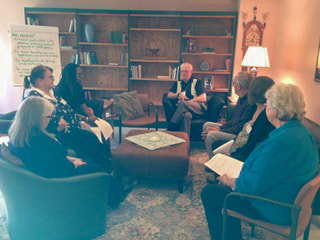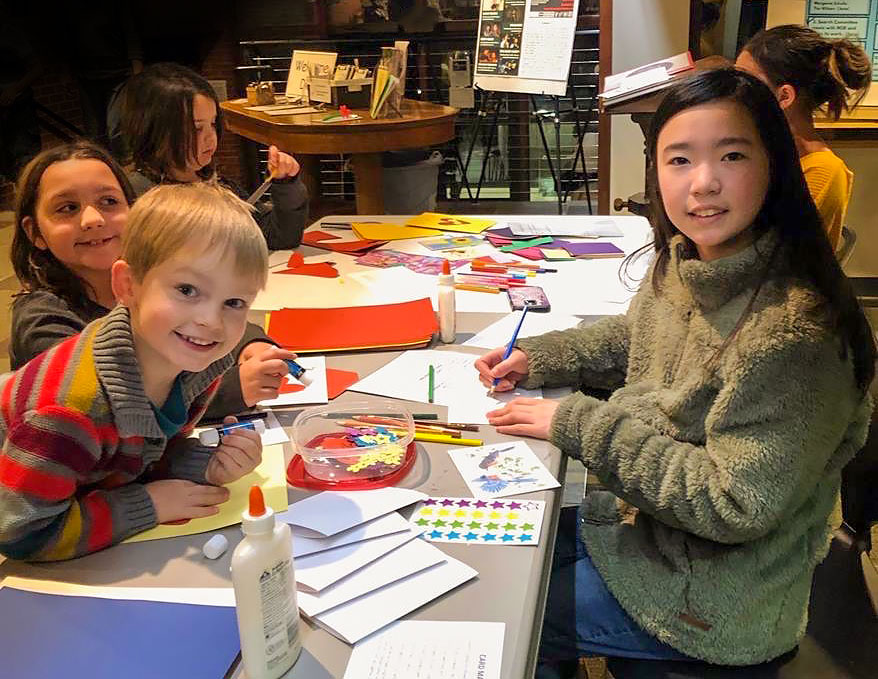“Pastoral care often happens in unexpected moments. The grocery store, the ballpark, the sidewalk in front of the church sometimes are where people share the urgent concerns of their lives. These exchanges…are the life and breath of pastoral connection and caring.”
|
“Pastoral care” often conjures up images of people in the hospital, ill at home, or making an appointment to meet in the minister’s office. These are important settings for pastoral care but are only part of the story. Pastoral care often happens in unexpected moments—coffee hour, the parking lot, the break between workshop sessions—whenever people share the urgent concerns of their lives.
These exchanges often lead to a planned meeting in a more formal setting, but are the life and breath of pastoral connection and caring. And, inevitably, even during the short time of a transition ministry, beloved members may need pastoral care during their final days. It’s an honor to minister to them and their families in the face of life’s ultimate transition. Another aspect of pastoral care is support for lay leaders as they carry out the work of the congregation. This can be especially true in transition ministry, when the professional interim or developmental minister is expressly an advisor to the Board. The minister’s role is often to encourage leaders during difficult times and to serve as a sounding board for ideas or concerns. Working closely with leaders means that inevitably I come to care about them personally and deeply appreciate their efforts. |
Pastoral care extends as well to the minister’s support for small group ministry, training and engagement with lay pastoral care teams, and encouragement of lay-led care networks that provide practical assistance like meals, transportation, and home maintenance.
Sometimes the minister’s role is to help ease conflict situations. It’s ideal for a congregation to have a clear method for handling concerns and potential conflicts before they rise to unmanageable levels. But it helps if the minister notices how people are reacting to one another, lends a listening ear, and encourages facilitated conversations. As a specialist in transition, part of my pastoral care role is to notice whether aspects of the congregational system may inadvertently be contributing toward unnecessary conflict.
Sometimes the minister’s role is to help ease conflict situations. It’s ideal for a congregation to have a clear method for handling concerns and potential conflicts before they rise to unmanageable levels. But it helps if the minister notices how people are reacting to one another, lends a listening ear, and encourages facilitated conversations. As a specialist in transition, part of my pastoral care role is to notice whether aspects of the congregational system may inadvertently be contributing toward unnecessary conflict.




